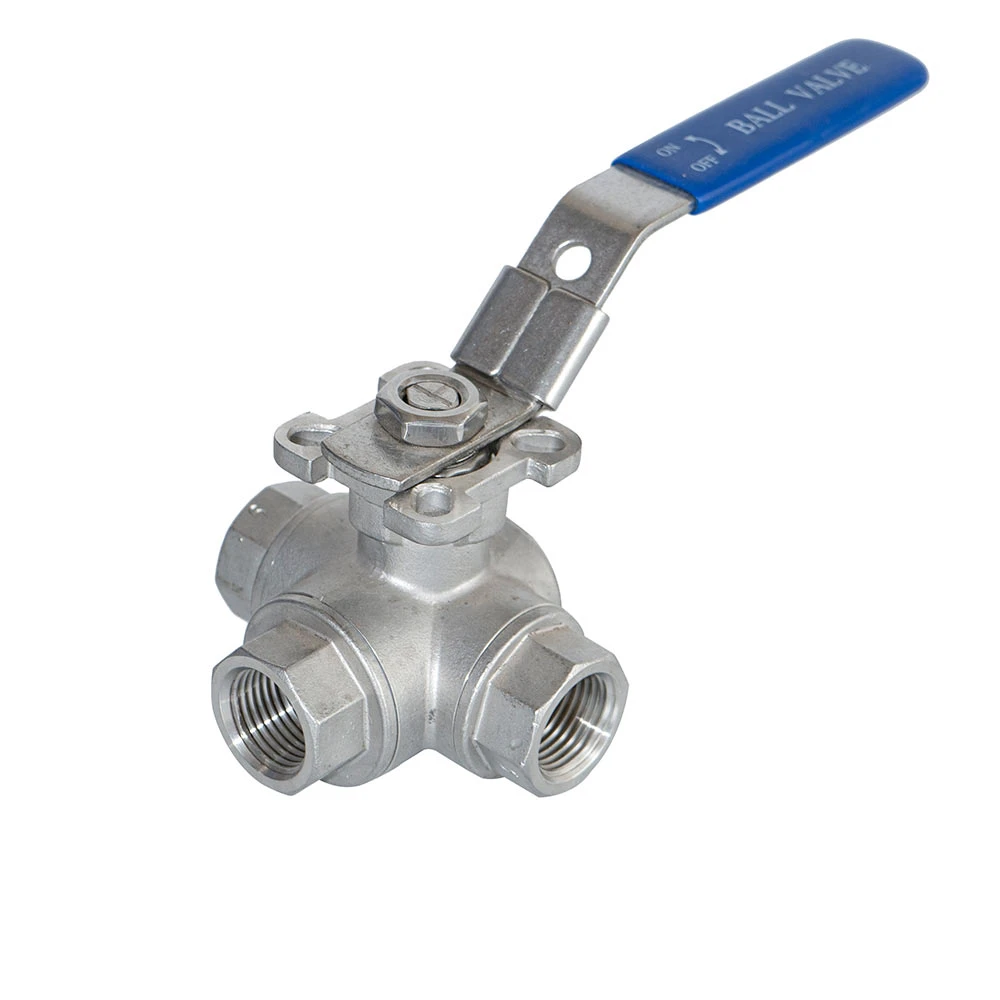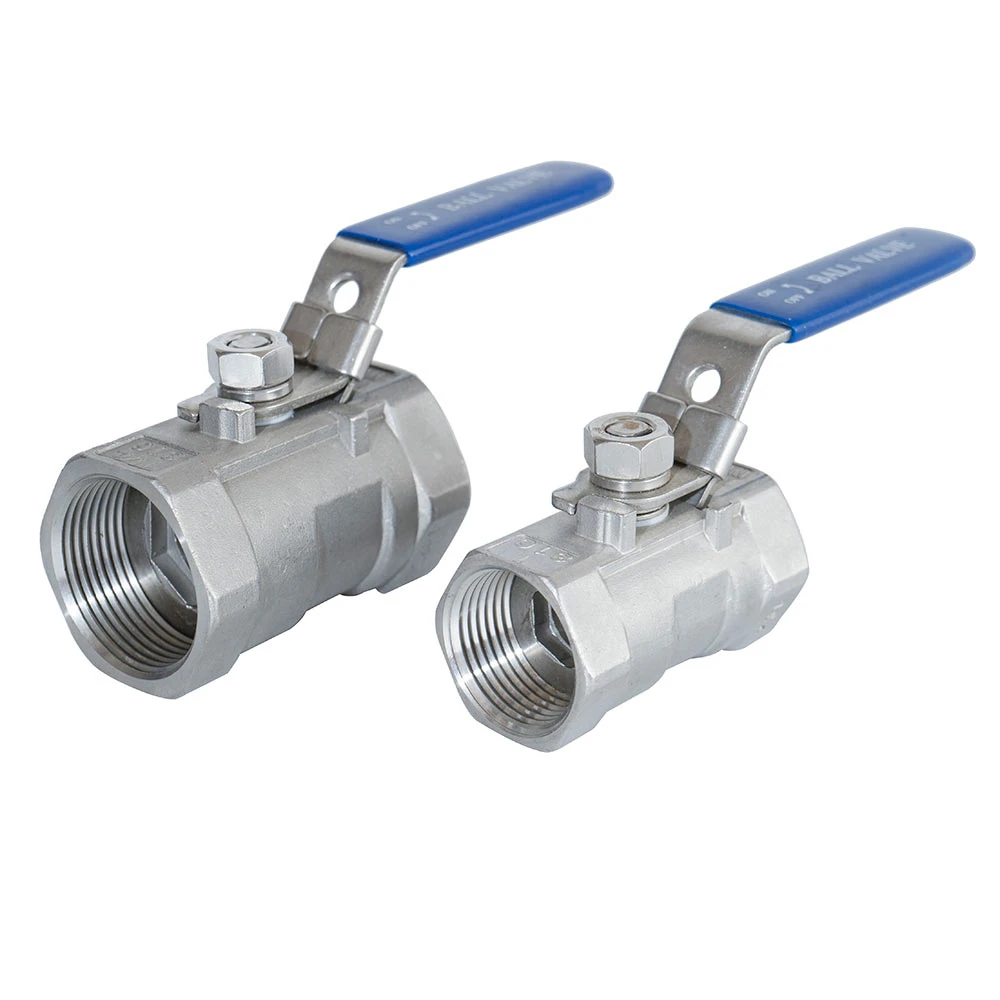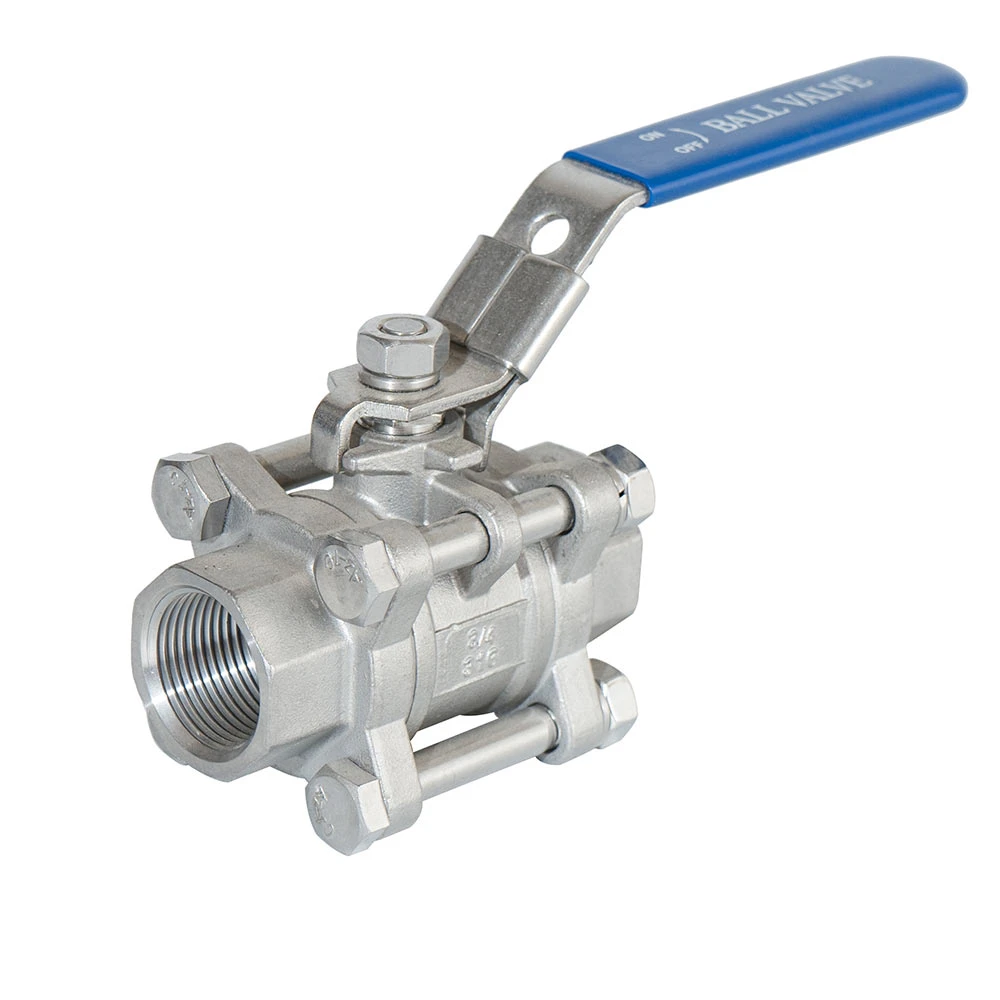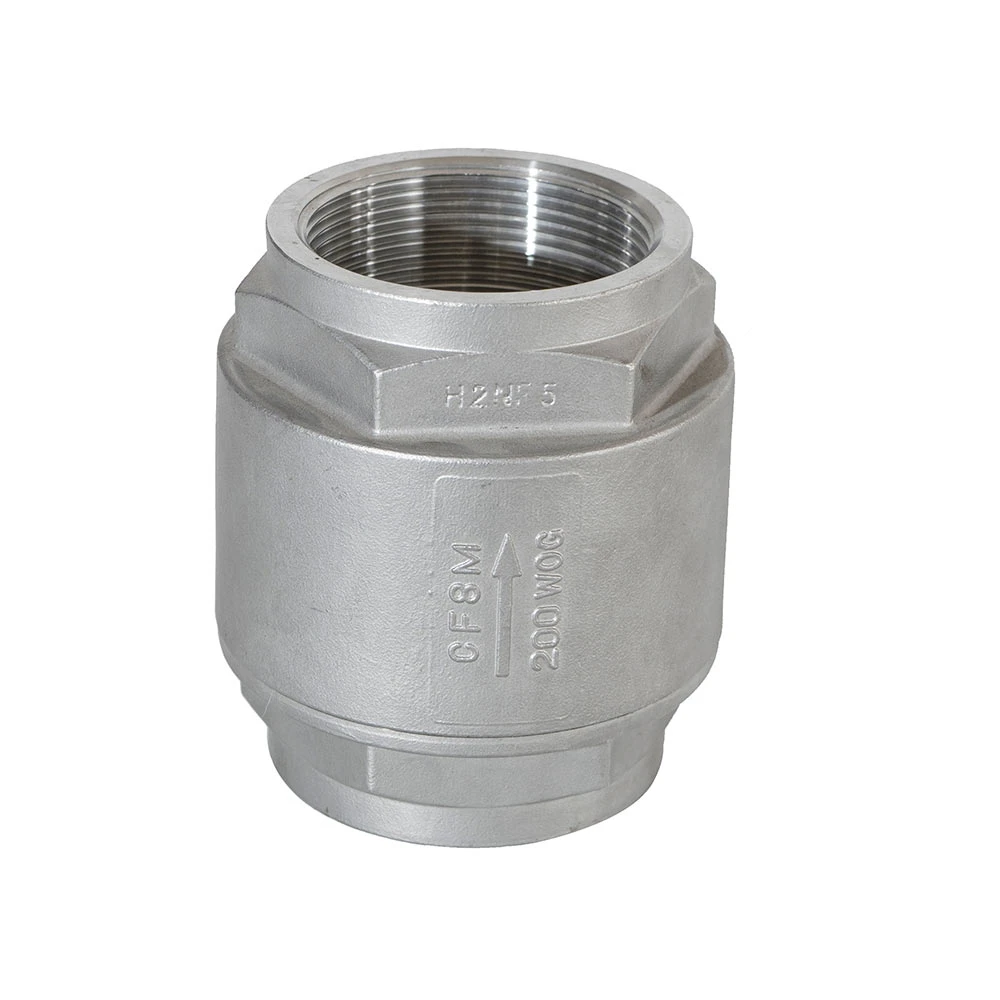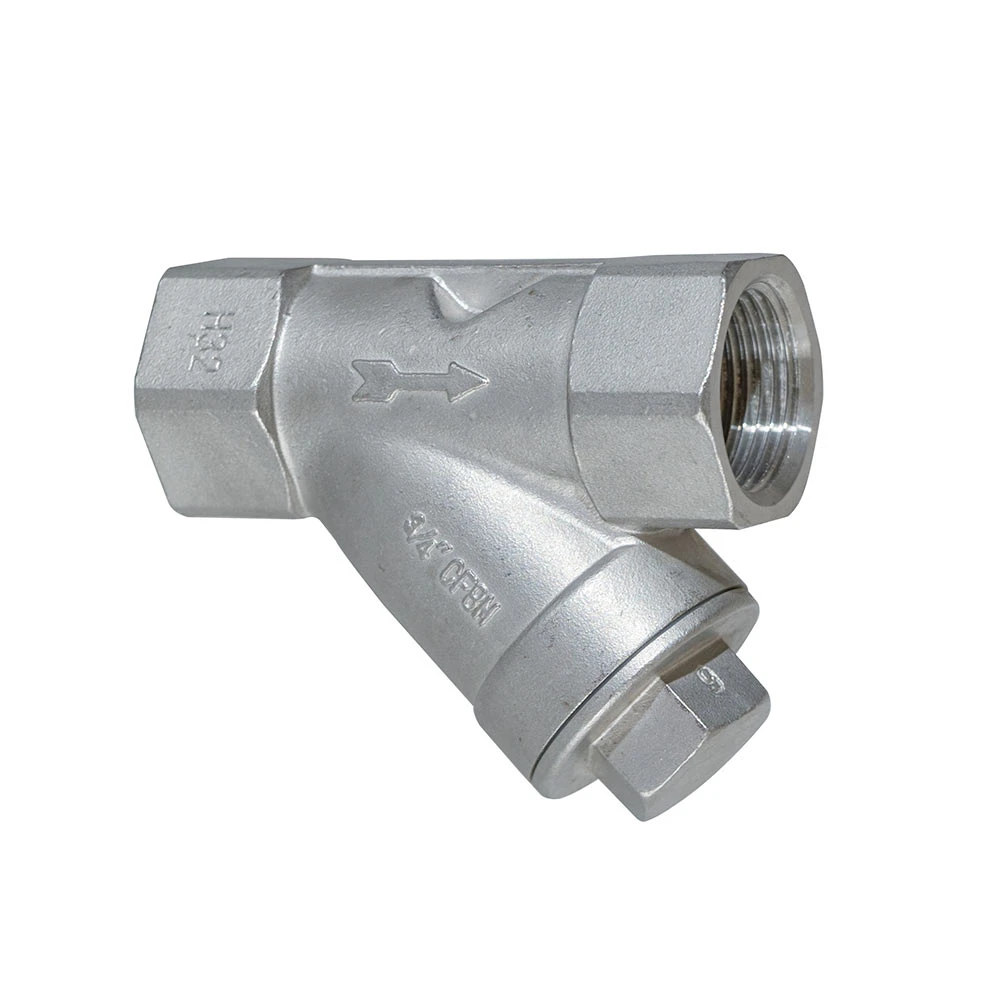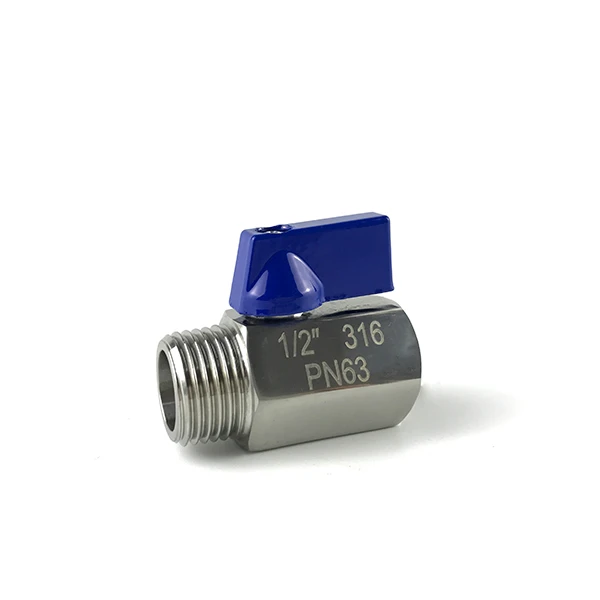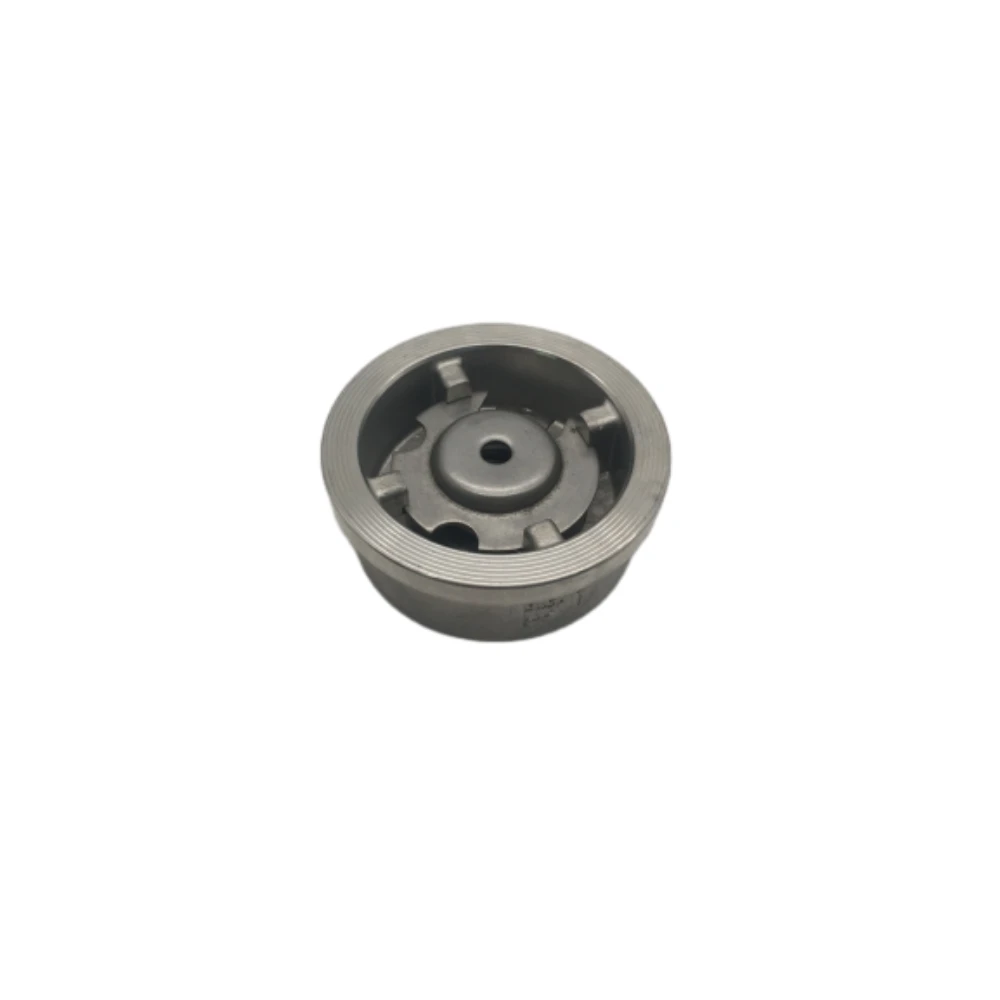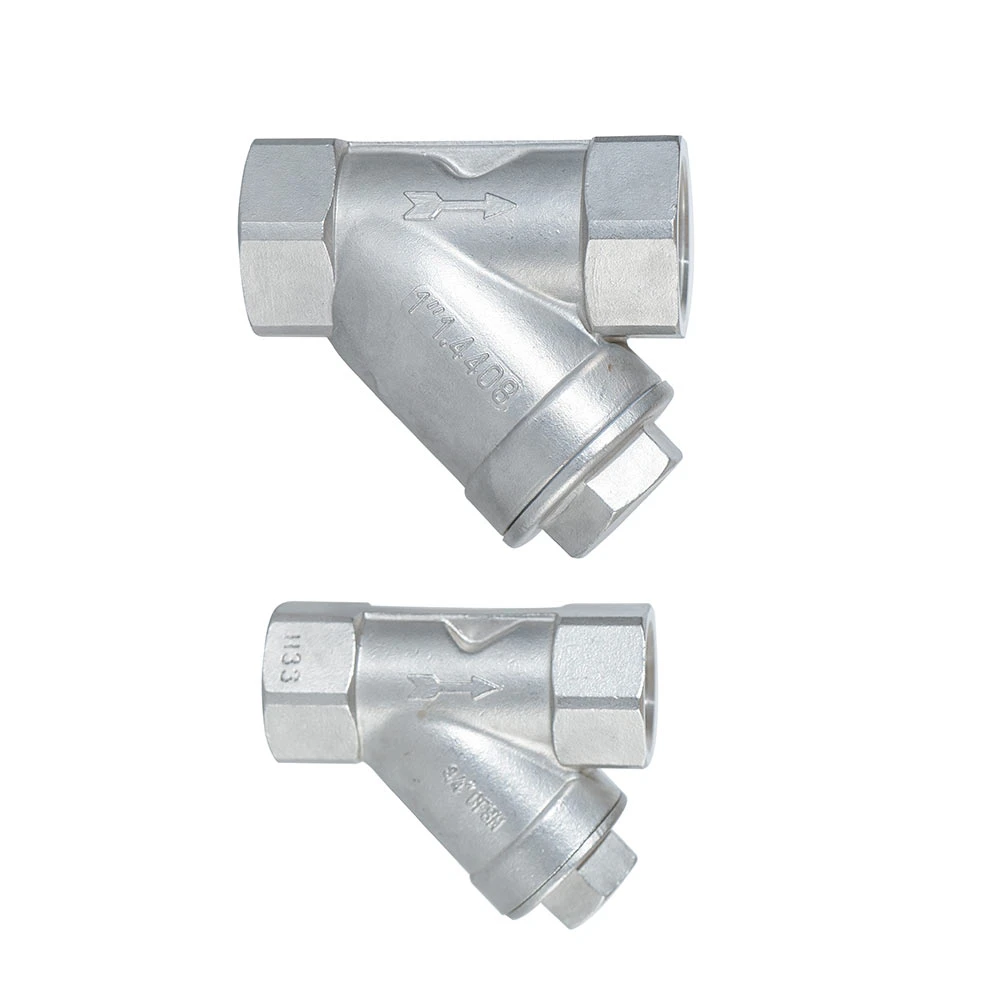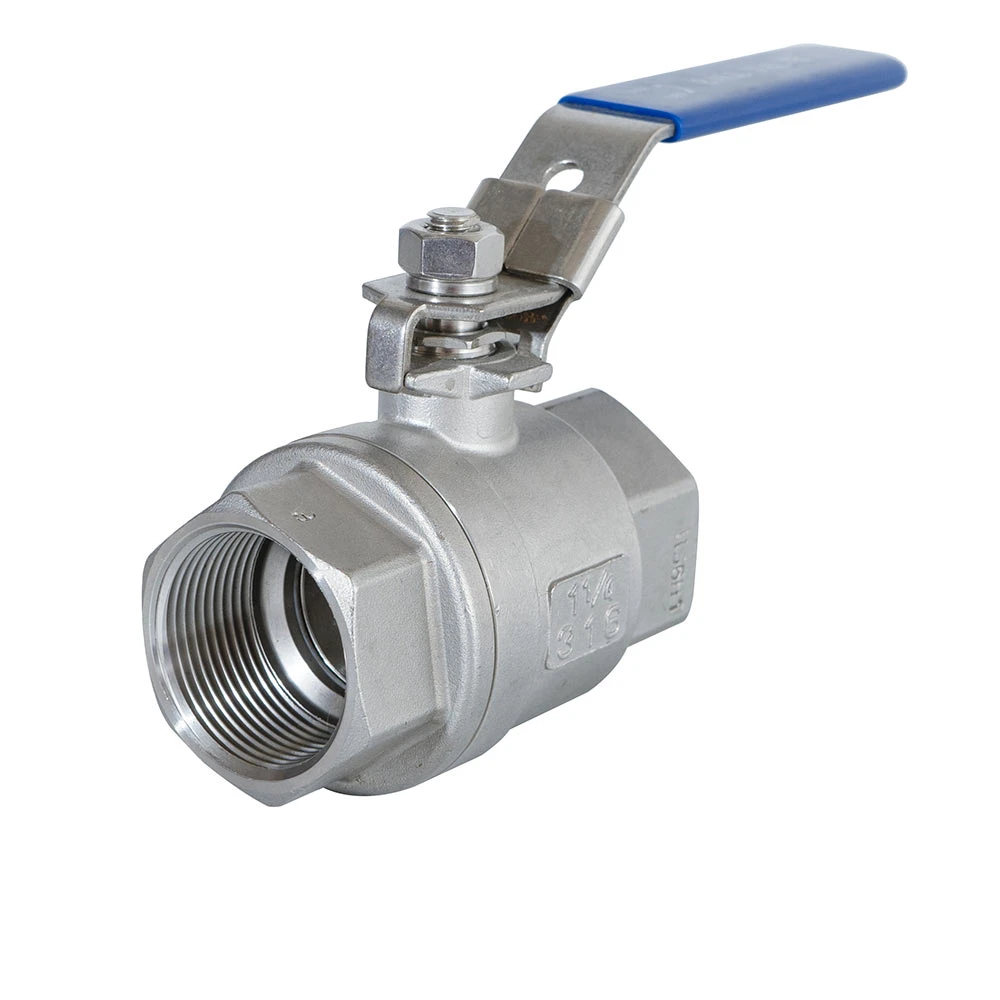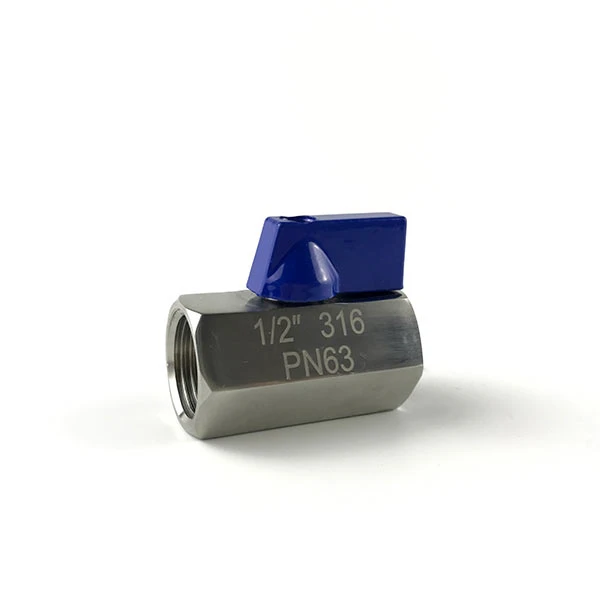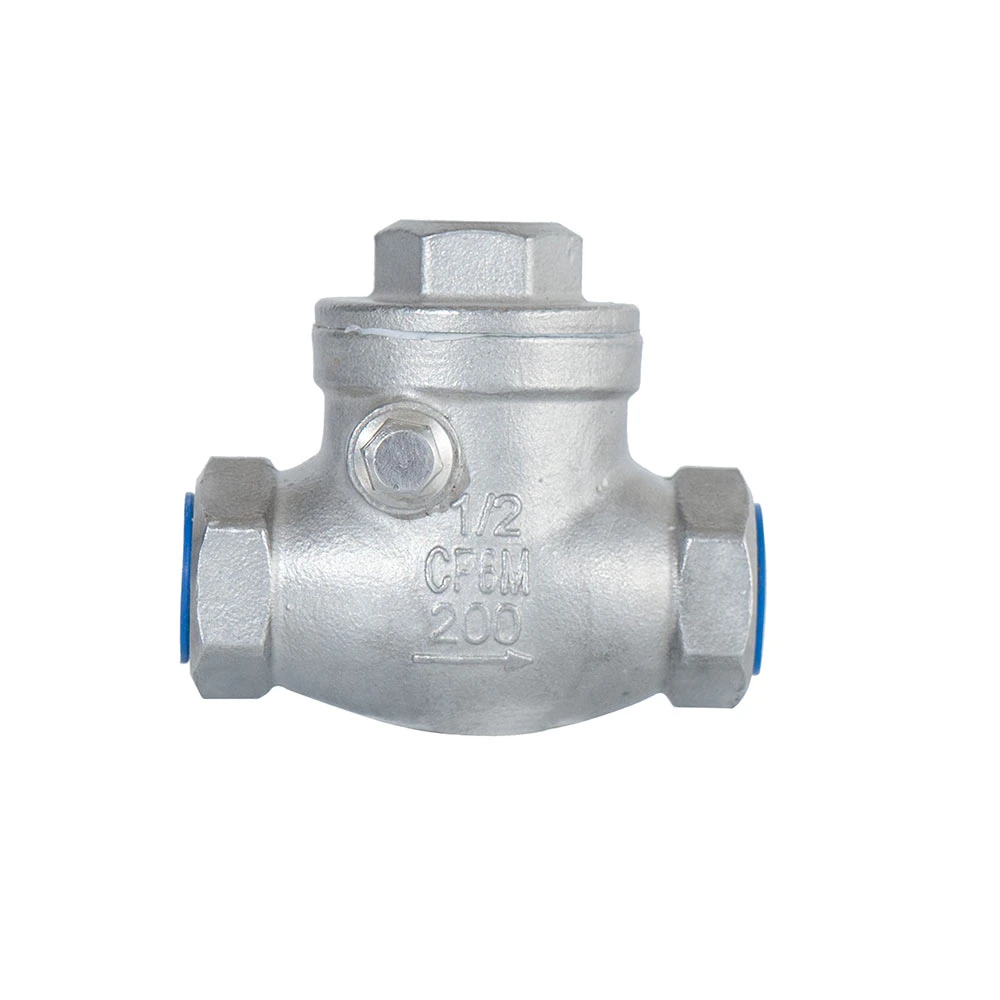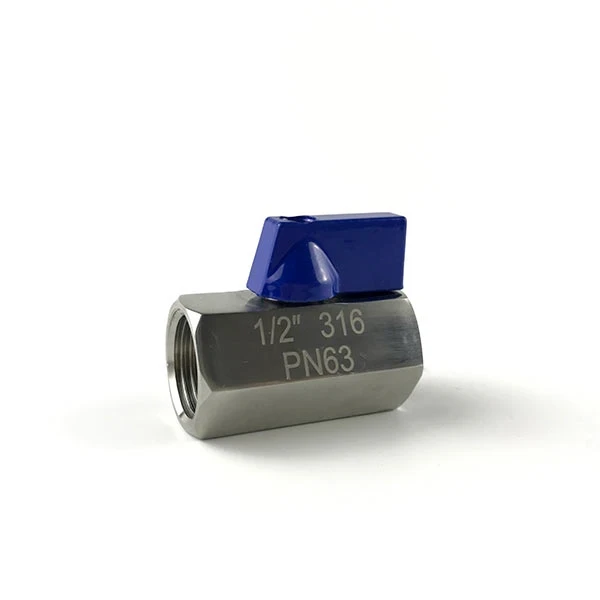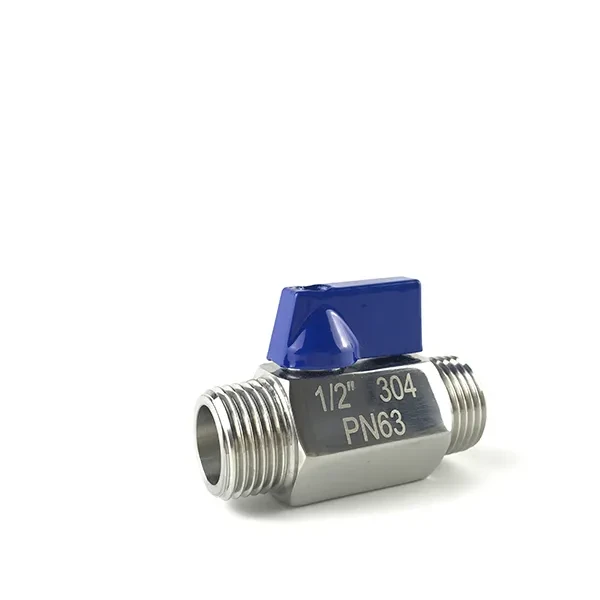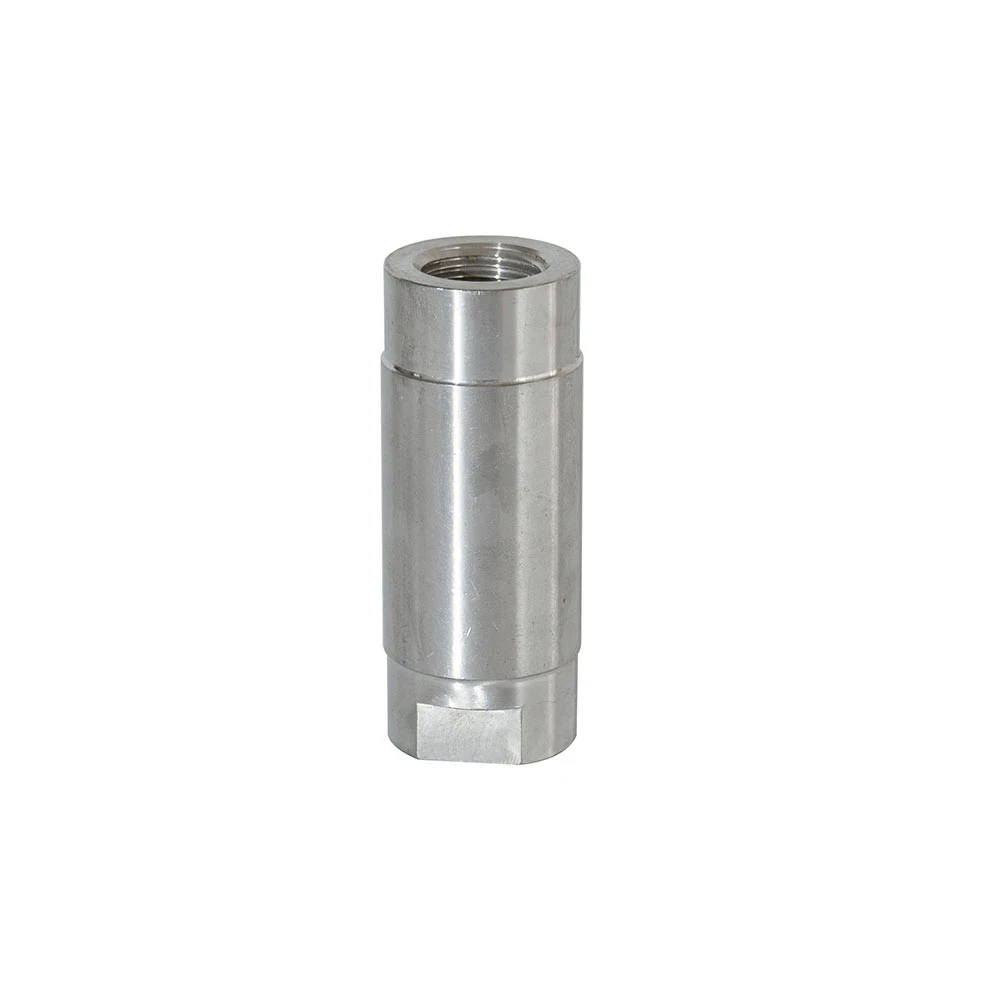Understanding the Robustness of 2 Pc Ball Valve in Industrial Applications
The 2 pc ball valve stands as a cornerstone in fluid control systems across a myriad of industrial sectors. Renowned for its durability, reliable shut-off capabilities, and straightforward design, this type of ball valve is specifically engineered for critical applications where efficient flow isolation is paramount. Its two-piece construction facilitates easier assembly and maintenance compared to single-body designs, making it a preferred choice for engineers and procurement specialists seeking a balance of performance and practicality. From petrochemical processing to water treatment plants, the versatility of the 2 pc ball valve ensures precise control, minimal pressure drop, and exceptional longevity, contributing significantly to operational efficiency and safety. This section delves into the fundamental aspects of this essential industrial component, highlighting its role and inherent advantages.
Designed to handle a wide range of media, temperatures, and pressures, the 2 pc ball valve is a testament to robust engineering. Its quarter-turn operation ensures quick open and close functionality, which is crucial in emergency shut-off situations. The compact design allows for installation in tight spaces, further enhancing its adaptability. With advancements in material science and manufacturing processes, modern 2 pc ball valve units offer enhanced corrosion resistance and extended service life, reducing downtime and maintenance costs. This makes them a cost-effective solution for long-term industrial operations requiring stringent flow management.
The Precision Manufacturing Journey of a 2 Pc Ball Valve
The production of a high-performance 2 pc ball valve involves a meticulously controlled manufacturing process, ensuring each unit meets stringent industry standards for quality, durability, and operational integrity. The journey begins with the careful selection of raw materials, typically high-grade stainless steels (e.g., SS304, SS316, SS316L), carbon steels (e.g., A105), or specialized alloy steels, chosen based on the intended application's temperature, pressure, and media compatibility requirements. This material choice is critical for ensuring excellent corrosion resistance and mechanical strength. Forging or casting techniques are then employed to form the valve body and end caps, providing superior structural integrity and grain uniformity compared to other methods.
Following the initial forming, advanced CNC (Computer Numerical Control) machining processes are utilized to achieve precise dimensions and fine surface finishes on critical components like the ball, stem, and seat pockets. This high-precision machining is vital for ensuring tight shut-off, smooth operation, and extended service life. Each component undergoes rigorous quality inspection at various stages, including dimensional checks, material composition analysis (e.g., spectrographic analysis), and non-destructive testing (NDT) such such as ultrasonic testing or radiographic inspection to detect any internal flaws. Assemblies are then put through hydrostatic and pneumatic pressure tests in accordance with international standards like ISO 5208, API 598, and ANSI/ASME B16.34, guaranteeing leak-free performance under specified operating conditions. This comprehensive process ensures that every 2 pc ball valve delivered adheres to the highest benchmarks of reliability and safety.
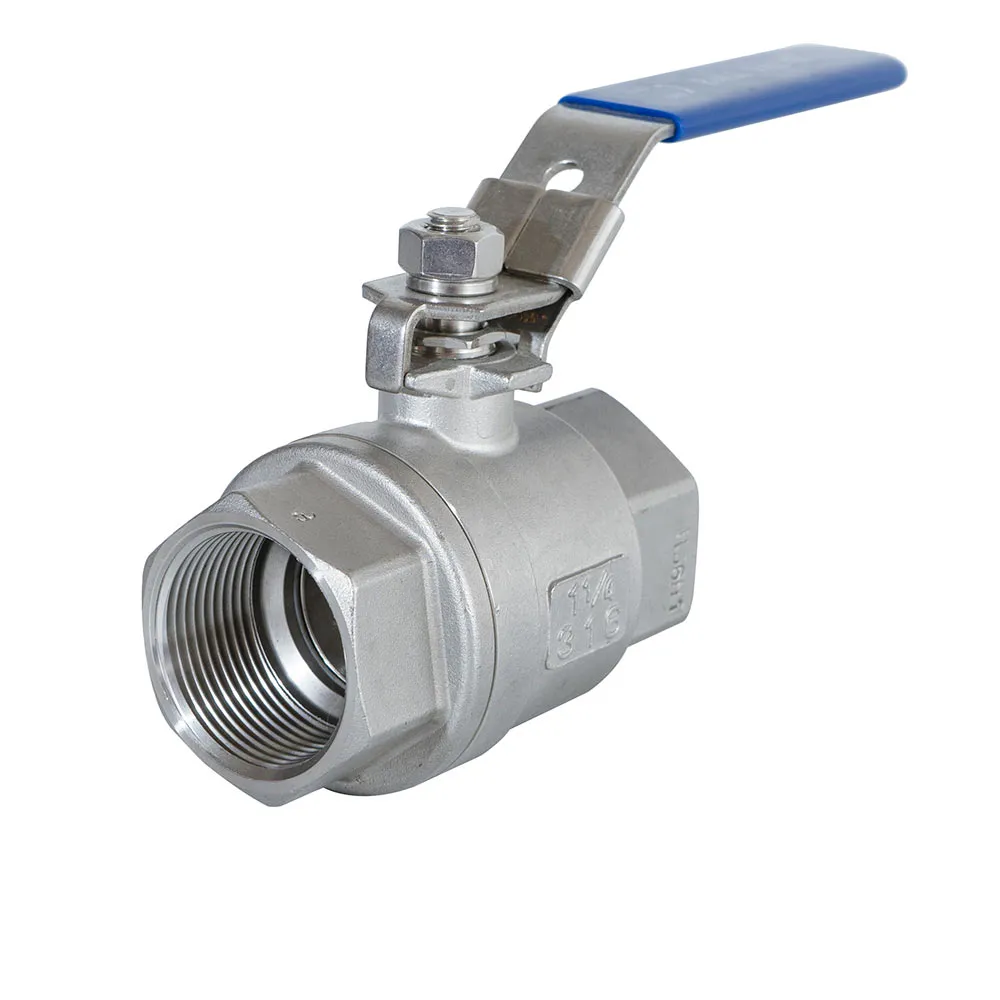
Key Technical Parameters & Performance Metrics of 2 Pc Ball Valves
Understanding the technical specifications of a 2 pc ball valve is crucial for proper selection and optimal system integration. These parameters dictate the valve's suitability for specific industrial environments, ensuring safe and efficient operation. Critical metrics include nominal size (DN/NPS), pressure rating (PN/Class), temperature range, end connections, and material construction. For instance, a valve specified as "NPS 2, Class 600, WCB Body, SS316 Ball & Stem, PTFE Seats" indicates a 2-inch nominal pipe size, a pressure rating of 600 PSI, a carbon steel body, and stainless steel internal components with polytetrafluoroethylene seats, suitable for diverse fluid media.
The flow coefficient (Cv) is another vital parameter, representing the flow rate of water at 60°F that will cause a 1 PSI pressure drop across the valve. A higher Cv value typically indicates better flow efficiency and lower energy consumption. Furthermore, stem sealing mechanisms, such as live-loaded packing or O-rings, play a significant role in preventing fugitive emissions, especially with hazardous media. Compliance with standards like ISO 15848-1 for fugitive emissions demonstrates a valve's environmental performance. Below is a comparative table detailing common specifications and their implications for the performance of a 2 pc ball valve.
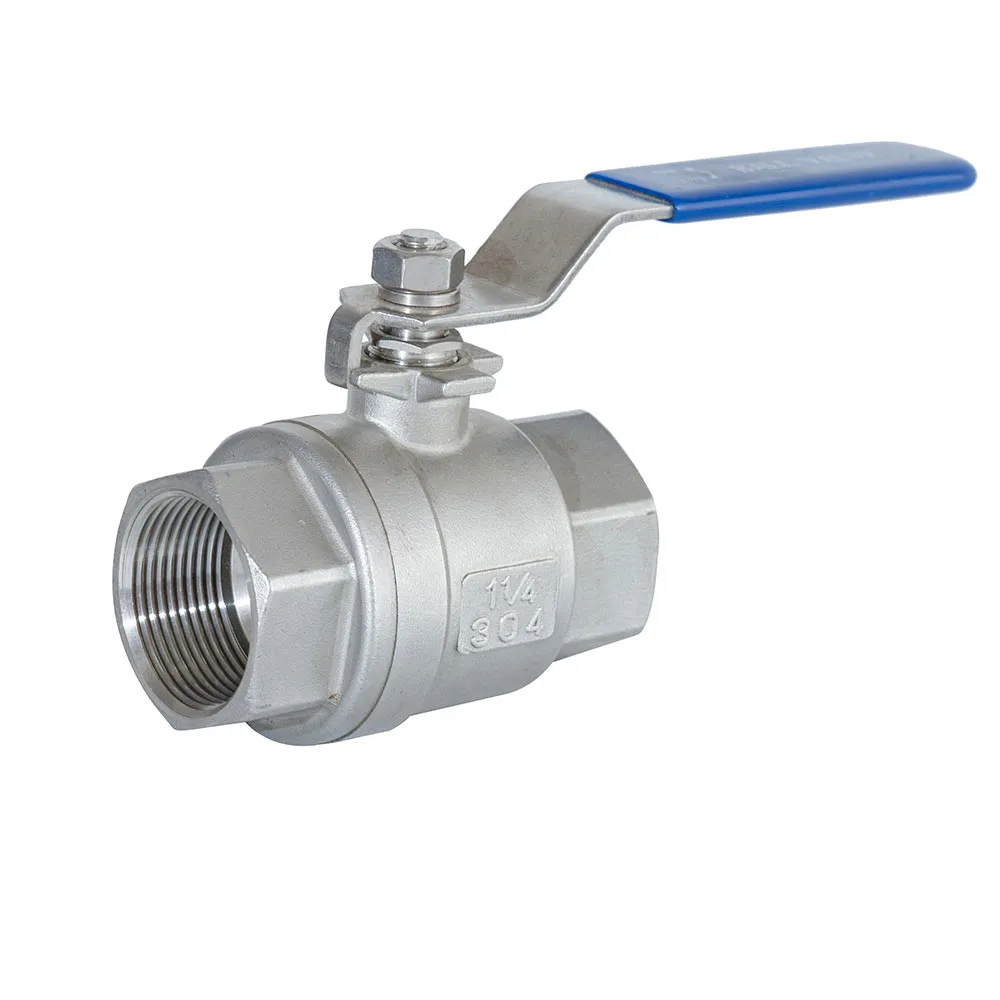
| Parameter | Typical Range/Options | Significance for 2 Pc Ball Valve Performance |
|---|---|---|
| Nominal Size (NPS/DN) | 1/2" - 12" (DN15 - DN300) | Determines flow capacity and pipe compatibility. Essential for matching system requirements. |
| Pressure Rating (Class/PN) | Class 150 to Class 2500 (PN16 to PN420) | Indicates maximum allowable working pressure. Crucial for safety and structural integrity. |
| Temperature Range | -29°C to 200°C (-20°F to 392°F) for common soft seats; higher for metal seats. | Defines suitability for different process temperatures, influencing seal material selection. |
| Body Material | Forged Carbon Steel (A105), Stainless Steel (304, 316, 316L), Duplex Steel, Alloy Steel. | Impacts corrosion resistance, strength, and suitability for specific media. |
| Seat Material | PTFE, RPTFE, PEEK, Delrin, Metal Seats | Determines sealing effectiveness, temperature limits, and resistance to chemical attack. |
| End Connections | Flanged (RF/RTJ), Threaded (NPT/BSP), Welded (SW/BW) | Ensures compatibility with existing piping systems and ease of installation. |
| Operation Type | Lever, Gear, Pneumatic Actuator, Electric Actuator | Influences automation level, torque requirements, and operational speed. |
Diverse Application Scenarios and Industry Advantages of the 2 Pc Ball Valve
The inherent versatility and robust performance of the 2 pc ball valve make it indispensable across a broad spectrum of industries, serving critical functions in fluid control. In the petrochemical sector, these valves are extensively used for isolating processes involving hydrocarbons, corrosive chemicals, and high-pressure steam, where their tight shut-off capabilities prevent costly leaks and ensure safety. Similarly, in the oil and gas industry, from upstream exploration to downstream refining, 2 pc ball valves manage the flow of crude oil, natural gas, and refined products under extreme conditions, offering reliable service for decades. Their full-bore design minimizes pressure drop, contributing to energy efficiency in large-scale piping networks.
Beyond traditional energy sectors, the 2 pc ball valve finds significant application in water treatment and wastewater management, where its corrosion-resistant materials are crucial for handling various water qualities and chemical treatments. In power generation plants, these valves are utilized in cooling water systems, steam lines, and fuel delivery, providing dependable isolation points. The metallurgy and mining industries also rely on these valves for slurry and abrasive fluid handling due to their durable construction and ease of maintenance. The ability to customize materials and seat configurations further extends their applicability, making them suitable for aggressive media, high temperatures, and specific hygienic requirements in industries like food and beverage or pharmaceuticals. This broad utility underscores the 2 pc ball valve's role as a workhorse in industrial fluid control.
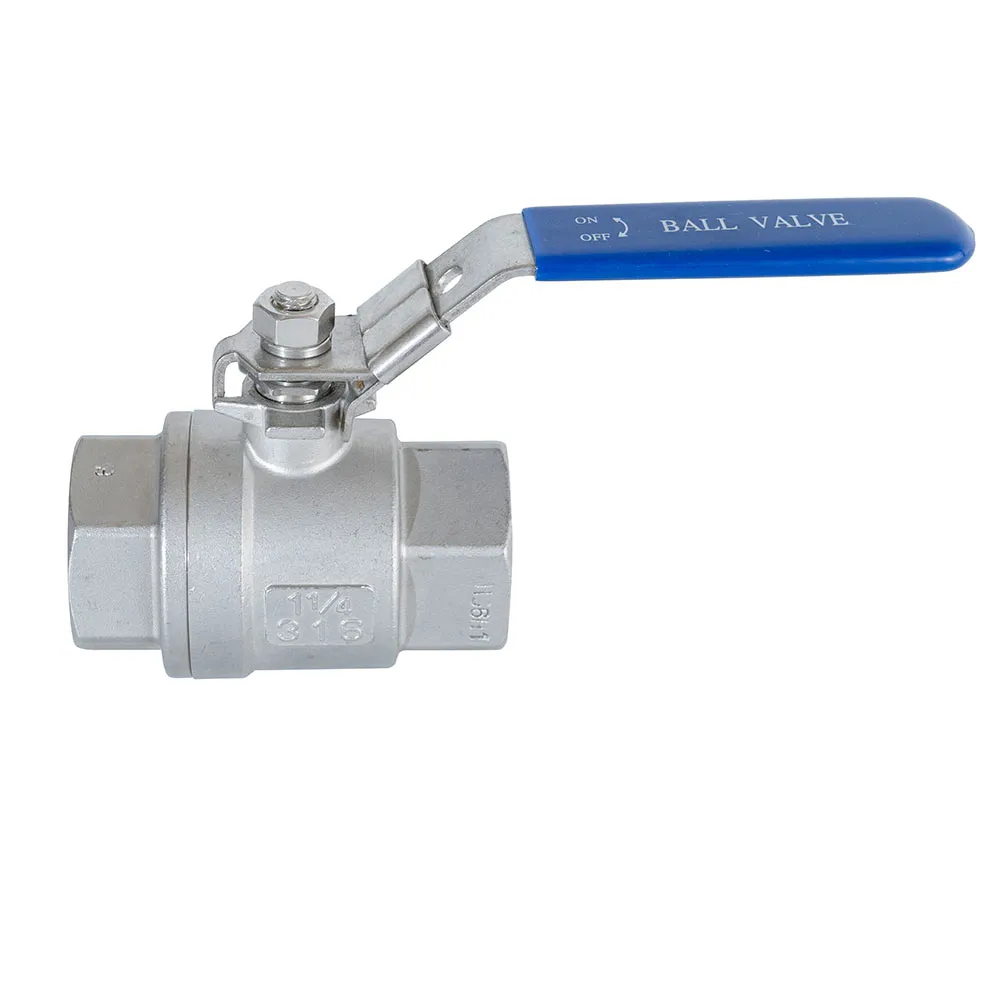
Why Choose Houde Valve's 2 Pc Ball Valves: Expertise, Quality, and Customization
At Houde Valve, our commitment to engineering excellence is embodied in every 2 pc ball valve we produce. With decades of specialized experience in industrial valve manufacturing, we have cultivated an unparalleled expertise in delivering solutions that meet the most demanding operational requirements. Our valves are manufactured under strict adherence to international quality management systems, including ISO 9001:2015, and comply with critical industry standards such as API 6D, API 607 (fire-safe), and ANSI/ASME B16.34. These certifications are a testament to our unwavering dedication to product reliability, safety, and performance, ensuring that our 2 pc ball valve range consistently exceeds client expectations.
What sets Houde Valve apart is not just our product quality but also our comprehensive service and capability for bespoke solutions. We understand that every industrial application has unique challenges, which is why we offer extensive customization options for our 2 pc ball valves. Whether it’s specific material grades for highly corrosive environments, unique end connections for seamless integration into existing systems, or tailored actuation solutions for automated processes, our engineering team collaborates closely with clients to design and deliver valves perfectly suited to their needs. Our track record includes successful deployments in large-scale projects, with client feedback consistently highlighting the exceptional durability, precise control, and minimal maintenance required for our valves, leading to significant operational savings. We are not just a supplier; we are a long-term partner dedicated to enhancing your operational efficiency.
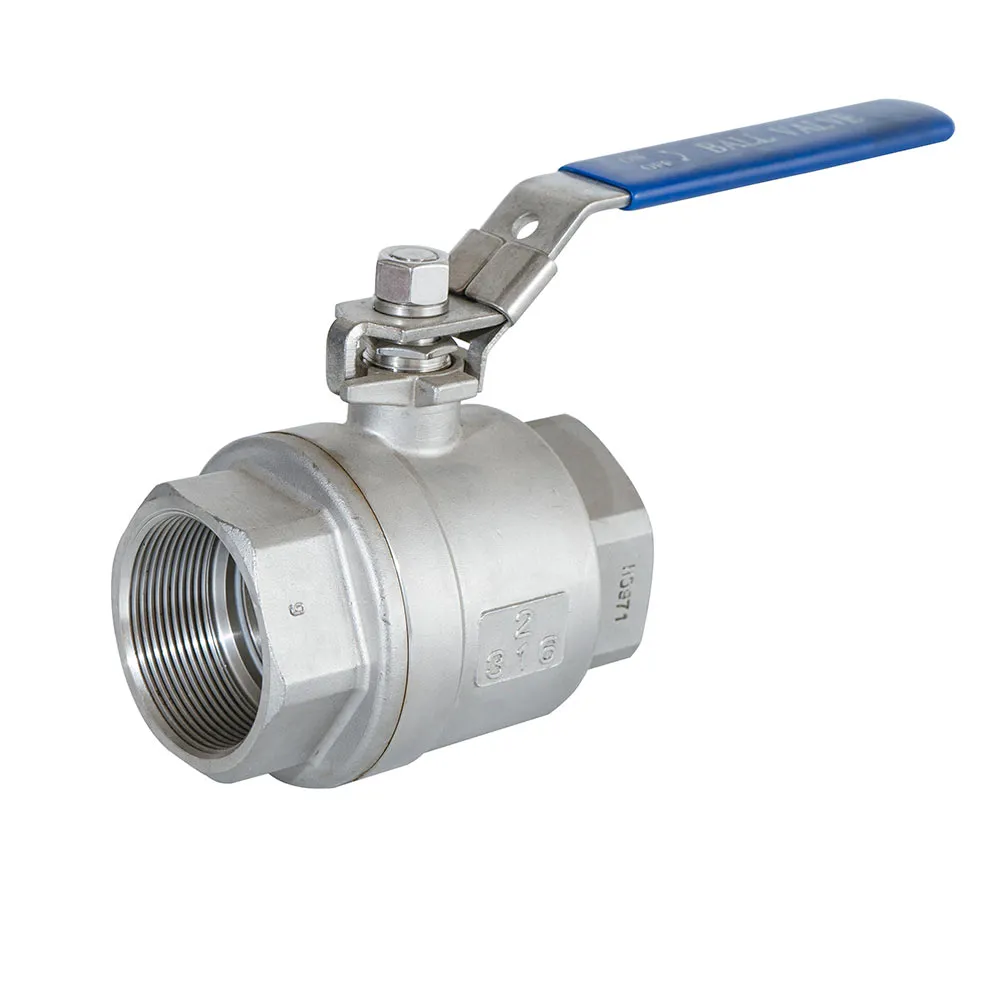
Frequently Asked Questions (FAQ) about 2 Pc Ball Valves
Q1: What is the primary advantage of a 2 pc ball valve over other valve types?
A: The primary advantage lies in its robust two-piece construction, which offers excellent structural integrity and facilitates easier maintenance, repair, and potential seat replacement compared to a single-body valve. This design typically ensures a more stable and leak-tight seal, making it ideal for high-pressure and critical shut-off applications where reliability is paramount. Its quarter-turn operation also provides quick and efficient flow control.
Q2: What materials are typically used for 2 pc ball valves, and how do I choose the right one?
A: Common body materials include forged carbon steel (A105), stainless steel (304, 316, 316L), and various alloy steels. Seat materials are typically PTFE, RPTFE, PEEK, or metal. The selection depends heavily on the media being controlled (corrosive, abrasive), operating temperature, and pressure. Our technical experts can assist in material selection to ensure optimal performance and longevity for your specific application.
Q3: What is the typical delivery timeframe for a customized 2 pc ball valve from Houde Valve?
A: Standard 2 pc ball valve orders typically have a lead time of 4-6 weeks, depending on quantity and specific configurations. For highly customized solutions, the lead time may vary based on material availability, design complexity, and testing requirements. We provide an estimated delivery schedule upon order confirmation and keep our clients informed throughout the manufacturing process to ensure timely project completion.
Q4: What kind of warranty and after-sales support does Houde Valve offer for its 2 pc ball valves?
A: Houde Valve stands behind the quality of its products with a comprehensive warranty against manufacturing defects, typically ranging from 12 to 24 months from the date of installation or 18 to 30 months from shipment, whichever comes first. Our dedicated after-sales support team provides technical assistance, troubleshooting, and spare parts availability to ensure continuous and reliable operation of your 2 pc ball valves throughout their service life.
Partnering for Success: Delivery Assurance and Unwavering Support
At Houde Valve, we recognize that the timely delivery of high-quality components is as crucial as their technical specifications. Our logistics and supply chain are meticulously managed to ensure efficient and reliable delivery of your 2 pc ball valve orders. We provide transparent delivery schedules and maintain open communication, from order placement to shipment tracking, ensuring you are always informed about the status of your critical components. Our robust inventory management system for standard products and efficient production planning for custom orders enable us to meet demanding project timelines with precision.
Beyond delivery, our commitment extends to comprehensive quality assurance and unparalleled customer support. Every 2 pc ball valve undergoes stringent final inspection and testing before dispatch, reinforced by our quality certifications from ISO and API. This ensures that each valve performs flawlessly upon installation. Furthermore, our dedicated technical support team is readily available to provide assistance with installation, troubleshooting, and any operational queries, ensuring seamless integration and long-term performance. We believe that choosing Houde Valve means choosing a partnership built on trust, reliability, and sustained operational excellence for all your fluid control needs.
References
- API Specification 6D, Specification for Pipeline Valves, American Petroleum Institute.
- ISO 9001:2015, Quality management systems – Requirements, International Organization for Standardization.
- ASME B16.34, Valves—Flanged, Threaded, and Welding End, American Society of Mechanical Engineers.
- ISO 15848-1, Industrial valves – Measurement, test and qualification procedures for fugitive emissions – Part 1: Classification system and qualification procedures for type testing of valves, International Organization for Standardization.

